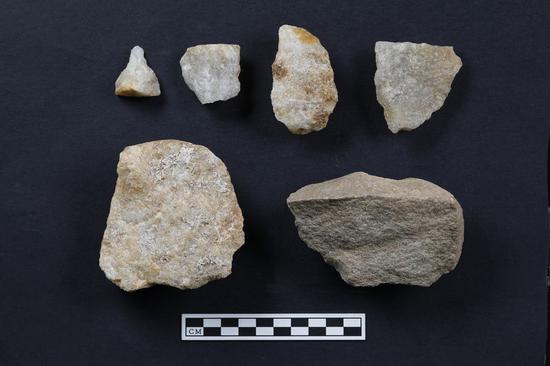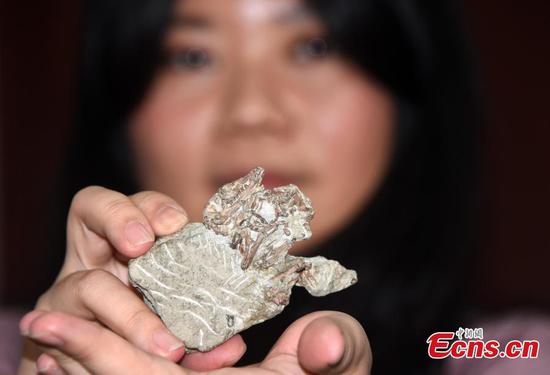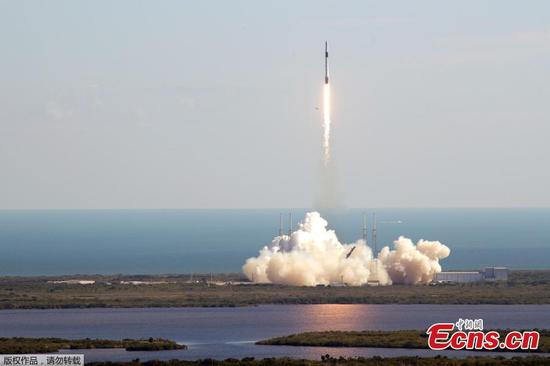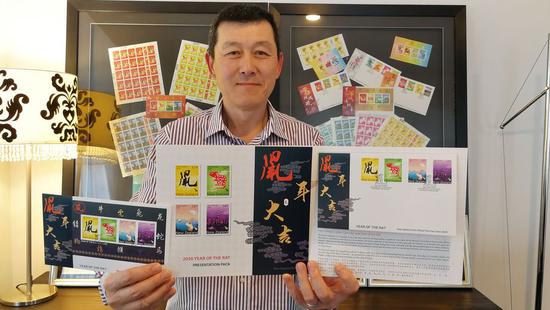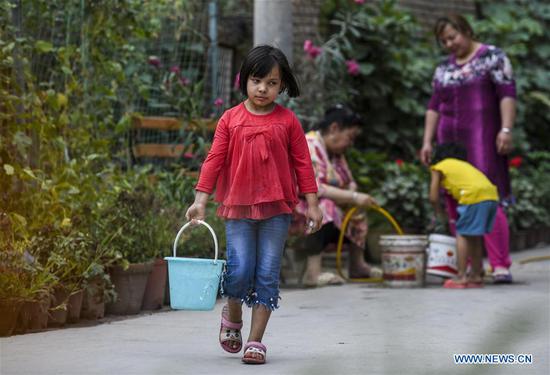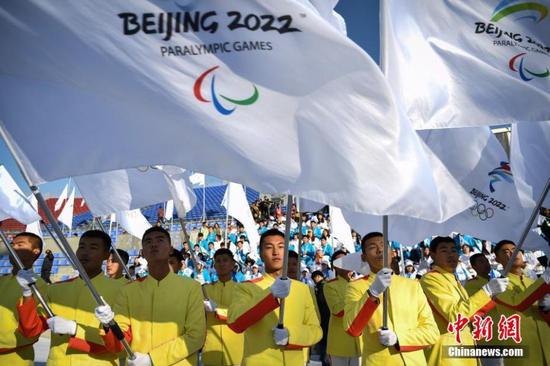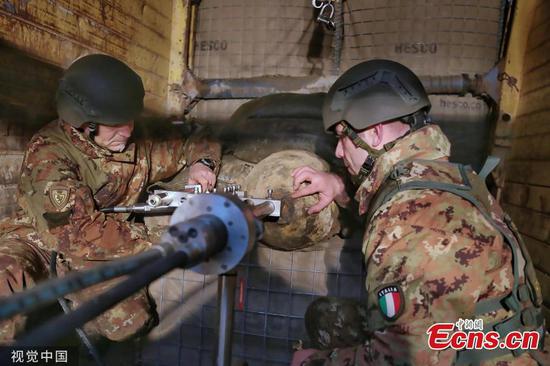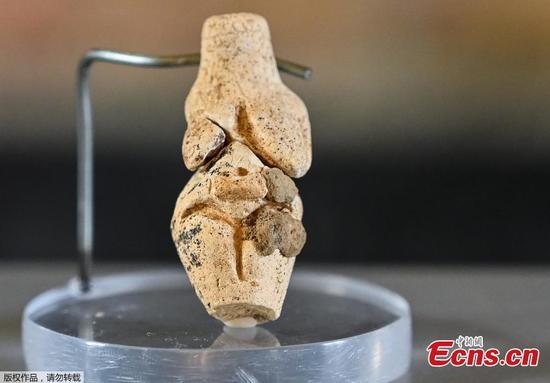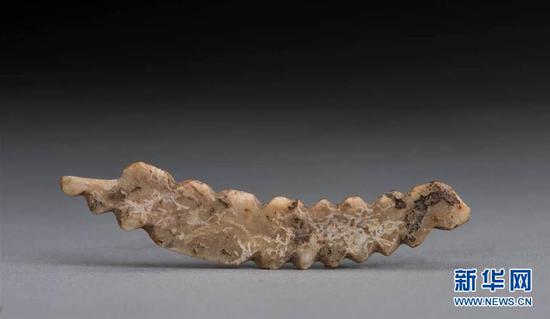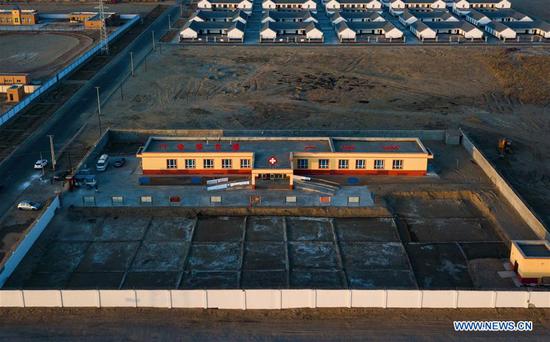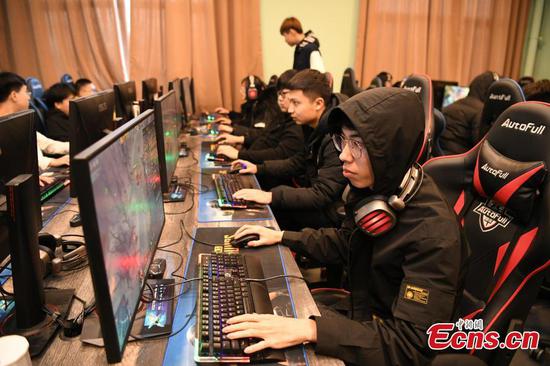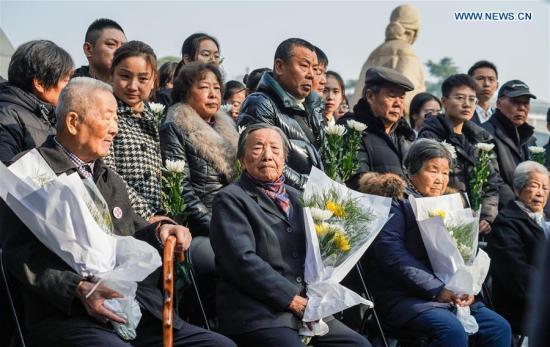
Students at a math class together with visiting British teachers at the Shanghai Experimental School on Nov 11. (Photo/Xinhua)
Top scores made by Chinese teenagers in a recent global academic test indicate the British government has made a good move by importing the Shanghai-style math mastery method into English schools over the last five years.
In the latest Program for International Student Assessment, commonly known as PISA, run by the Organization for Economic Cooperation and Development, 15-year-old students from Beijing, Shanghai, Jiangsu and Zhejiang, outperformed their peers from the other 78 participating education systems in mathematics and science by a wide margin. In reading comprehension scores, only Singapore came close.
In fact, 10 percent of the most disadvantaged students in these four regions of China-that have a combined population of about 180 million-showed better reading skills than those of the average student in all the countries of the Organization for Economic Cooperation and Development, or OECD, and performed on a par with 10 percent most advantaged students in some of them.
Chinese mainland students first took part in the tests in 2009, when students from Shanghai ranked top, and the city also claimed the top spot again in the 2012 PISA test, when students from the United Kingdom ranked 26 in math.
The PISA rankings triggered global interest in Chinese methods, and as a result Britain increased exchanges with Chinese teachers and schools to find out how to improve quality.
Nearly 600 teachers, from both England and China, mainly from primary schools, have engaged in the exchange since 2014, and approximately 5,000 of Britain's 16,000 primary schools have adopted the Shanghai math teaching method.
Experts have said Shanghai's continuous good results in math have underlined the value of understanding what lies behind China's success and seeing what is applicable in other contexts.
David Johnson, a reader of comparative and international education at the University of Oxford, said: "Any example of success, good performance elsewhere, is something any country should look seriously at.
"It is a justifiable reason to look at China very seriously in terms of how it performs in mathematics and that was the absolute right thing to do," he said.
Mark Boylan, professor of education at Sheffield Hallam University, said: "Chinese success in PISA 2009 and 2012 led the English Department for Education to develop a teacher exchange program to learn from and adopt mathematics teaching methods from Shanghai.
"The ongoing success in PISA 2018 is likely to encourage policy makers in England to continue and enhance the links with China," said Boylan, who led the evaluation of the Mathematics Teacher Exchange. "This approach has now spread beyond mathematics to literacy. Chinese success in the PISA reading tests may further encourage these developments."
The assessment is carried out every three years and involves more than 500,000 students across the world taking two-hour tests.
In the latest 2018 PISA test, students from the four regions in China scored an average of 591 points in math, more than 100 points higher than OECD average, whereas the British students obtained an average score of 502, jumping from 27th three years ago to 18th in the international ranking for math.
While welcoming the PISA result, the National Centre for Excellence in the Teaching of Mathematics, said: "It is too early to draw any direct link between the results and the changes to maths teaching in English schools."
Johnson said, although a strong correlation between the Shanghai exchange program and the improved performance of the English students cannot necessarily be drawn, "it does look like, at least on the face of it, that the teachers who have participated are reasonably comfortable and happy to continue to use the methods".









